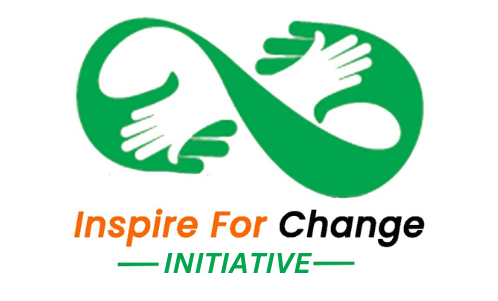Empowering Refugee Youth Through Education and Language Training: A Pathway to a Brighter Future.
In the Kakuma Refugee Camp, home to thousands of displaced persons, access to education remains a significant challenge for refugee youth. As of April 2024, the United Nations High Commissioner for Refugees (UNHCR) reported that an estimated 120 million people worldwide are forcibly displaced, with 14.8 million being school-aged refugees. Of these, 49% are out of school, and only 7% are enrolled in higher education globally. This stark disparity highlights the critical need for targeted initiatives that empower refugee students and offer them a chance to improve their socio-economic prospects through education.
To address these challenges, our project focused on Higher Education Support has been launched to empower refugee students from Kakuma aged 18 to 30 who have completed secondary school. The project provides much-needed guidance to help students apply for undergraduate scholarships both in Kenya and abroad. Over the years, refugees have faced significant obstacles, including limited access to resources, information, and application support, making higher education seem like an unattainable goal for many. This project seeks to bridge those gaps by offering tailored guidance on the application process, raising awareness, and increasing information about available opportunities. By helping refugees navigate the complexities of scholarship applications, the initiative opens doors to higher education, a crucial factor in improving both individual and community livelihoods.
In addition to the lack of access to higher education, many refugee women and girls in Kakuma face language barriers that limit their ability to fully participate in society. Addressing this gap is another key priority through the English Language Training project. Designed to assist school dropout girls and women in the camp, the project provides essential language training, equipping participants with the verbal and written communication skills needed to thrive in academic, vocational, and social environments.
English is widely used in Kenya and internationally in academic and professional settings. However, many refugee women and girls in Kakuma face challenges in expressing themselves confidently in English, which hinders their access to opportunities. This training program is specifically designed to empower these individuals by increasing their confidence and self-esteem, enhancing their prospects for vocational training and employment. By improving their language skills, the project aims to break down barriers and enable women and girls to actively engage in their communities, contribute to their families, and pursue meaningful opportunities for personal and professional growth.
These two vital initiatives—Higher Education Support and English Language Training—reflect a broader commitment to empowering refugee youth and women in Kakuma. By addressing the critical barriers of limited educational access and language proficiency, these programs are laying the foundation for brighter futures. Education is a powerful tool for transformation, and by equipping refugees with the skills and knowledge they need, these projects are helping to rebuild lives, create opportunities, and foster resilience in the face of adversity.
As these initiatives continue to make a positive impact, it is important to recognize that collaboration remains a key component of their success. By working alongside local communities, government agencies, NGOs, and private sector partners, this program is creating a comprehensive support system that amplifies the reach and effectiveness of its efforts. Through such partnerships, refugee students in Kakuma are being given the opportunity to thrive, one step at a time.
In conclusion, the journey toward empowerment through education is not only about individual achievement; it is about strengthening entire communities. The Higher Education Support and English Language Training projects are vital pathways for refugee youth and women to unlock their potential, build resilience, and pave the way for a future filled with opportunities. With the continued support of partners and stakeholders, these initiatives are driving sustainable development and creating a fairer, more inclusive society in Kakuma and beyond.
